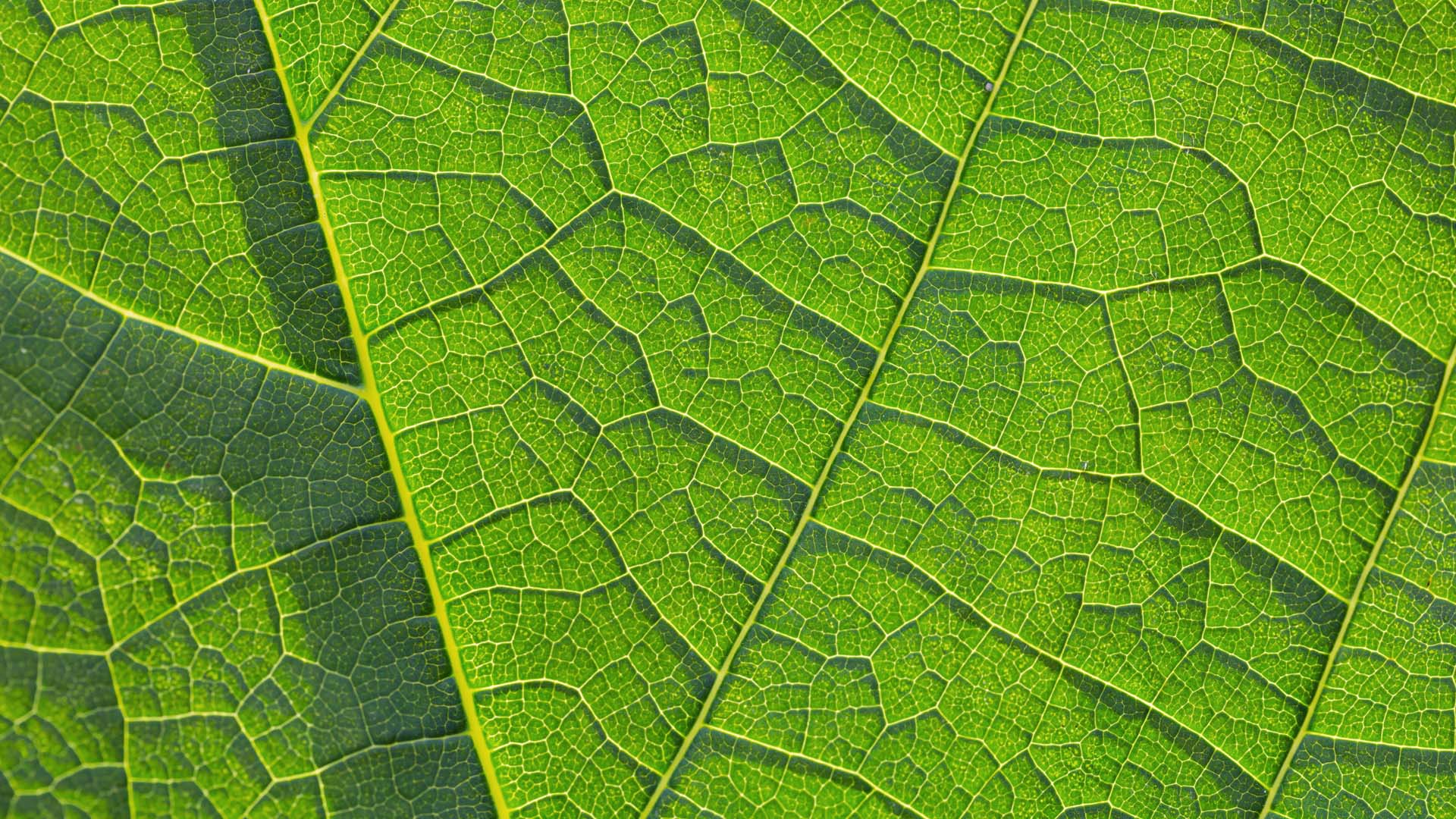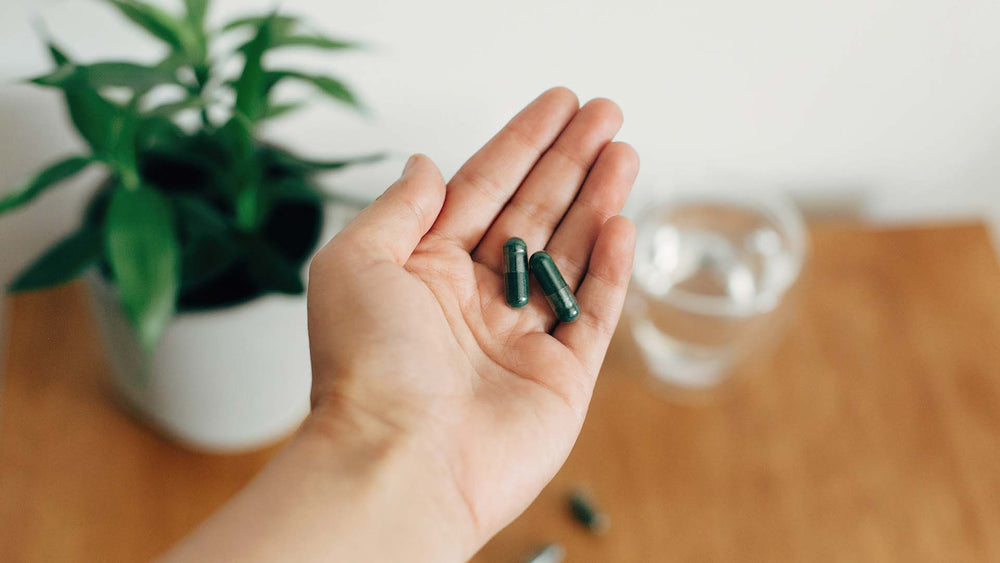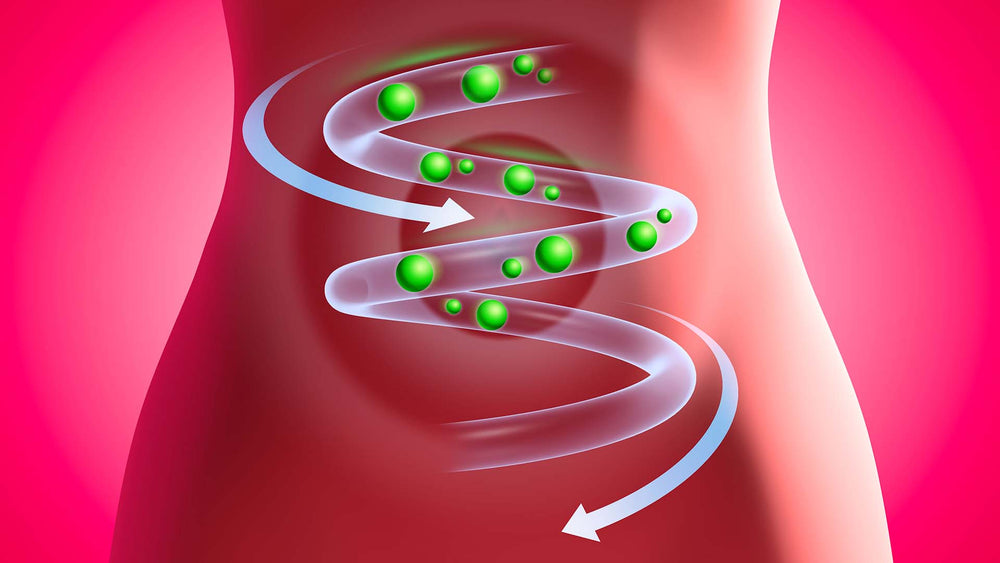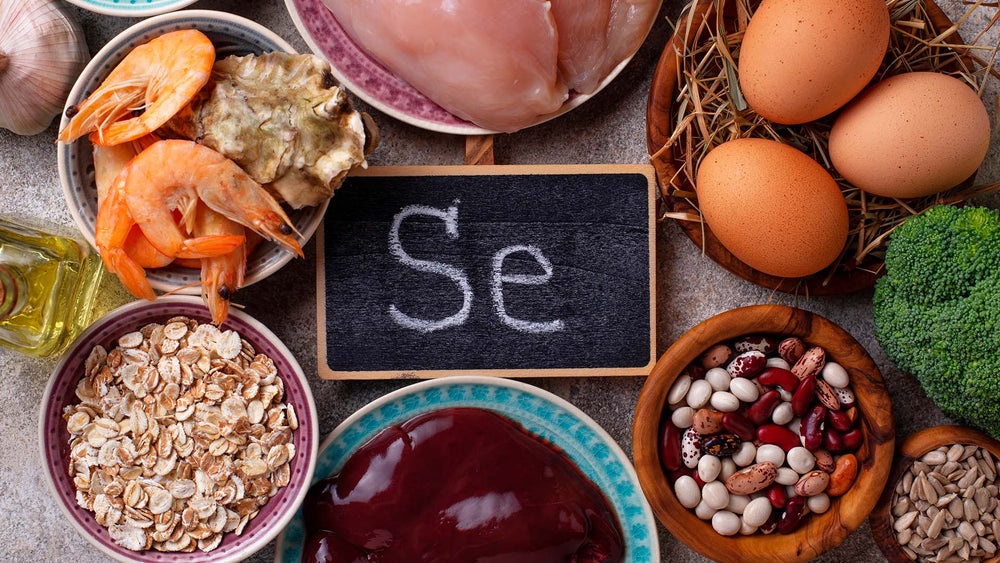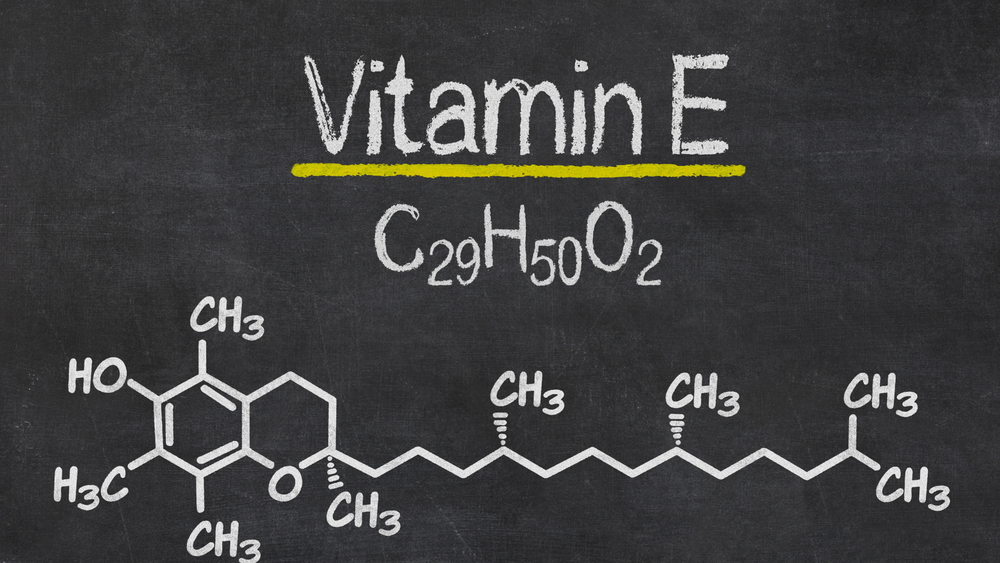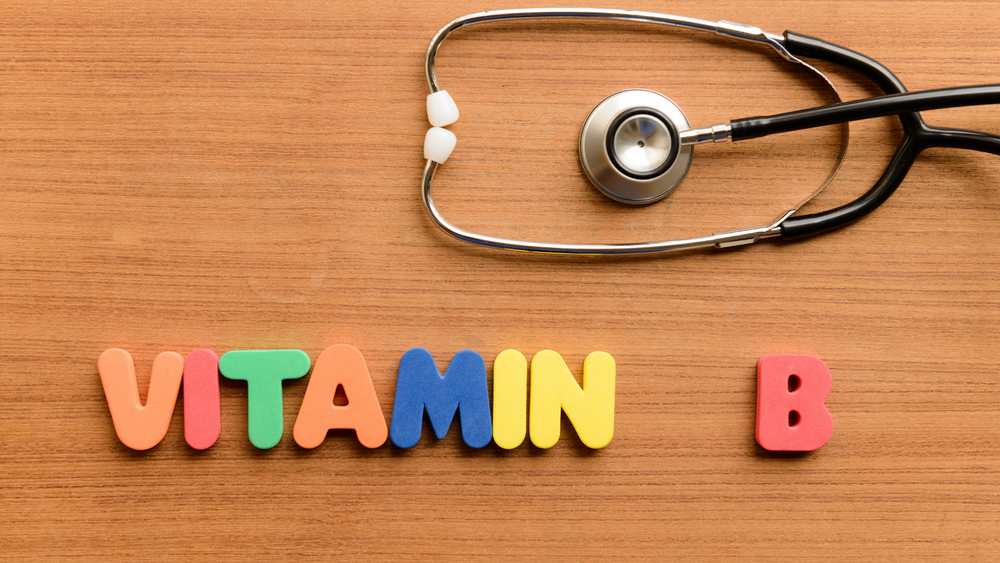Most people enjoy an alcoholic beverage from time to time. But what happens if you wake up with a hangover after drinking too much wine at a party, or if you drank two beers after years of abstaining and feel like you drank a whole keg?
Drinking water, sleeping it off and dosing your body with vitamins are the best ways to recover from a hangover. And taking a chlorophyll-containing wheatgrass supplement is one of the best ways to get hundreds of nutrients quickly.
Chlorophyll is the substance that makes plants green and it helps them make food from water and carbon dioxide. There are two kinds of chlorophyll – a and b. They absorb sunlight differently. Chlorophyll b is dark green and Chlorophyll a is bluish black. They combine to give plants their green color.
Your body gets toxins from food, environmental pollutants, second hand smoke, alcohol marijuana, prescription drugs, or over the counter medications. You can take wheatgrass tablets (which contain chlorophyll) to help eliminate the toxins in your body, regardless of the cause. You can also incorporate fruits and vegetables with chlorophyll into your daily diet to maintain better overall health and resist the negative effects of toxins. Learn about all the health benefits of wheatgrass.
How Chlorophyll Works
Mercury, environmental pollutants, pesticides and excessive amounts of alcohol or chemicals from “bad” food accumulate in your system over time. Chlorophyll finds the toxins in your body and changes them into harmless substances.
Chlorophyll has been studied for its ability to reduce carcinogens in the body. It may also control side effects of chemotherapy used to treat individuals with cancerous tumors.
{WGL_PRODUCTS title="Supplements with wheatgrass to Detox your body."}
Take wheatgrass tablets early in the morning with lemon water or green tea. Add wheatgrass tablets to your favorite smoothie. Make a smoothie with avocado and dark chocolate or cocoa to replenish healthy fats. A green drink with lime juice, ginger, and yogurt will provide probiotics, Vitamin C, vitamin B6, magnesium, phosphorus, zinc and niacin.
It’s best to eat chlorophyll-containing foods raw in a salad with a light dressing. Cooking saps the nutrients from the leafy green vegetables, so you’ll have to eat more cooked veggies to get the same effect.
You can get raw chlorophyll from the following foods from most green veggies and certain fruits.
A cup of green beans has 8.3 mgs of chlorophyll, spinach 23.7 milligrams, and parsley 19.0 milligrams (and it cleans your breath). Other veggies with chlorophyll include peas, broccoli, Brussel sprouts and zucchini. Honeydew melons and green apples also contain chlorophyll.
Eat a balanced diet with dark leafy greens every day (or at least a few times a week) and you’ll get more nutrients to help tide you over when you don’t eat right or drink too much alcohol.
In a 2014 study, middle-aged women who consumed chlorophyll-containing green plant membranes for 90 days lost more weight than the control group. They also experienced a reduction in bad (LDL) cholesterol and a decreased desire to eat sugary foods.
Alcohol and Vitamin Loss
Drinking alcohol dehydrates you and robs your body of the nutrients it needs to function well. Chlorophyll reintroduces those vitamins and minerals back into your body.
When you have a few alcoholic drinks, it can prevent your body from absorbing zinc and B vitamins. Vitamin B12 helps you form new red blood cells, gives you more energy and boosts your mood. Zinc promotes healing, and Vitamin B1 (Thiamin) metabolizes fats and proteins. Thiamin also plays a role in metabolizing carbohydrates.
Lack of folic acid (also called folate) may cause megaloblastic anemia, which affects the formation of the fetus’ spinal cord in pregnant women. A folic acid deficiency may also lead to liver damage or certain types of cancer.
Drinking too much alcohol can deplete your body of magnesium. Almost 70% of Americans are deficient in this essential mineral for muscle function and heart health prior to alcohol consumption. Eat more nuts, avocados, spinach, kale and beans to get enough of this vital mineral.
A long-term magnesium deficiency may cause headaches, anxiety, cramps, and high blood pressure. One study showed that magnesium may help control some of the effects of alcoholism and help prevent cancer.
Vitamin C helps eliminate cell-damaging free radicals and repair bones and tissue. Alcohol can sap this precious vitamin, so stock up on oranges, apples, grapefruit, and other Vitamin C-rich fruits the rest of the week. The fruit juice in a mixed drink won’t counteract the effects of the alcohol. You’ll need to eat fresh fruits and veggies the rest of the week to get your fair share of Vitamin C.
You’ll experience a reduction in Vitamin D if you spend time drinking in dark restaurants without getting out in the sun the next day. Sunlight is the main source of Vitamin D, and you should get at least 10-15 minutes of sunshine each day with minimal to no sunscreen protection.
Drinking also reduces Vitamin E, which is necessary to keep your heart healthy and central nervous system functioning properly. You can find Vitamin E in whole grains, sunflower seeds, butternut squash, sweet potatoes, olive oil and trout.
Eat a big breakfast the morning after you have too much to drink. The usual bacon and eggs breakfast, oatmeal with fruit and an egg burrito, or variations on any of these meals will help you load up on vitamins you’ve lost after a few drinks.
Can chlorophyll help with hangovers?
There's no surefire cure for a hangover, but there are a few things that may help ease the symptoms. One of these is chlorophyll, the green pigment in plants.
Chlorophyll is thought to help detoxify the body, and it's often used as a natural remedy for digestive issues. Some people believe it can also help with hangovers, as it may help break down alcohol in the body and reduce inflammation.
There's no scientific evidence to support these claims, but chlorophyll is generally safe to take and may be worth trying if you're looking for a natural way to ease your hangover symptoms.
Can I drink chlorophyll after alcohol?
According to a study published in the journal Alcoholism: Clinical and Experimental Research, chlorophyll may help reduce hangovers' effects. The study found that participants who took chlorophyll before drinking alcohol experienced fewer hangover symptoms than those who did not.
While further research is needed to confirm these findings, chlorophyll may help protect the liver from some of the damage caused by alcohol. In addition, chlorophyll is a good source of vitamins and minerals, so it can also help to replenish the body after a night of drinking.
For these reasons, it is generally safe to drink chlorophyll after alcohol. However, it is essential to consult a healthcare provider before taking any supplements, as they can interact with medications and other substances.
Does chlorophyll detox your body?
Chlorophyll is often touted as a natural detoxifier, and some science supports this claim. When the body metabolizes chlorophyll, it forms a substance called ferrous gluconate, which has been shown to bind with toxins like heavy metals and pesticides.
This helps to remove these harmful substances from the body. Additionally, chlorophyll has antioxidant properties that can help to protect cells from damage caused by free radicals.
While more research is needed to understand chlorophyll's potential health benefits better, it is clear that this pigment plays a vital role in keeping plants healthy – and it may also have some benefits for human health.
Does chlorophyll detox the liver?
Chlorophyll has recently been hailed as a 'superfood' due to its purported health benefits. Among these claims is that chlorophyll can detox the liver. While some evidence supports this claim, much of the research on chlorophyll and liver health has been done on animals, not humans.
One study found that rats given a chlorophyll supplement had reduced liver damage levels after exposure to toxins. However, more research is needed to determine whether chlorophyll can have the same effect in humans.
Until then, it's best to enjoy chlorophyll-rich foods as part of a healthy diet rather than relying on them for liver detoxification.
Does chlorophyll cleanse your gut?
Chlorophyll has been shown to have various health benefits, including the ability to cleanse the gut. In one study, chlorophyll was found to reduce levels of harmful bacteria in the heart significantly.
It is believed that chlorophyll works by binding to toxins and removing them from the body. Additionally, chlorophyll can help to promote the growth of healthy bacteria in the gut. This is important because a healthy gut microbiome is essential for good digestion and overall health. Therefore, chlorophyll may be an effective way to cleanse the gut and promote a healthy digestive system.
Does chlorophyll have drug interactions?
While chlorophyll is generally considered safe, there is some concern that it may interact with certain medications. For example, chlorophyll may increase the amount of iron the body absorbs.
As a result, people who take iron supplements or blood-thinning medications should speak to their doctor before taking chlorophyll.
Additionally, chlorophyll may reduce the effectiveness of certain antibiotics. Therefore, taking chlorophyll at least two hours before or after taking antibiotics is essential. Overall, chlorophyll is safe for most people, but it is always best to speak to a doctor before taking any supplements.
How fast does chlorophyll work?
The speed at which chlorophyll works depends on how it is ingested. For example, when chlorophyll is taken in supplement form, it is typically absorbed relatively quickly.
However, it may take longer for the body to reap the benefits when chlorophyll is consumed in food. Additionally, the amount of chlorophyll that the body can absorb varies from person to person.
Therefore, it is difficult to determine an exact timeframe for how fast chlorophyll works. However, many people report feeling the benefits of chlorophyll within a few days to weeks of taking it.
What happens if you drink too much chlorophyll?
Chlorophyll is generally considered safe for most people. However, some concern is that consuming large amounts of chlorophyll may cause gastrointestinal issues like nausea and diarrhea. Additionally, chlorophyll can increase the amount of iron that the body absorbs.
Does chlorophyll clean out your system?
Chlorophyll is often a 'superfood' due to its purported health benefits. These benefits include cleaning the gut, detoxing the liver, and promoting a healthy digestive system.
While chlorophyll does have some evidence to support these claims, more research is needed to determine its exact effects on human health.
Should you drink chlorophyll in the morning or at night?
There is no definitive answer as to whether chlorophyll should be consumed in the morning or night. Taking chlorophyll supplements with a meal is generally recommended, as this can help increase absorption.
However, there is no evidence to suggest that taking chlorophyll at different times of day affects its efficacy. Therefore, it is up to the individual to decide when to take chlorophyll, based on their preferences and schedules.
Can You Smoke Too Much Weed? Chronic Marijuana Use
Alcohol isn’t the only legal “party and relaxation” substance that may cause problems for some people. Marijuana is now legal for recreational use in nine states, including Colorado and California. (It is legal for medicinal use in 29 states.)
Pot enthusiasts claim that smoking marijuana is mostly harmless, unlike drinking alcohol. But while there is no clinical definition for a “marijuana overdose”, you can smoke too much of it in a given timeframe and develop health problems.
Pot is derived from a hemp plant called Cannabis sativa. Most users smoke dried flowers, leaves, seeds, or stems in a pipe or as a cigarette. The leaves and other parts of the plant can be baked into cookies and brownies, added to lollipops, or brewed as a tea. You can inhale pot with a vaporizer, which is similar to vaping tobacco.
There are many more strains of marijuana available now than in the “stoner” days of the 1960s and 1970s. Some types of marijuana may cause sensitive people to have hallucinations or become paranoid. Most causal users, however, will only experience a pleasant high, which may last up to a few hours.
Health Effects of Regular Marijuana Use
Smoking marijuana daily can cause lapses in memory and inability to focus. After a few days of moderate to heavy use, the marijuana is stored in your fatty tissue, and THC, the active ingredient in pot, is released into the bloodstream. Some people may experience a mild high all day when this occurs.
Marijuana leaves contain close to 7% THC today; a few decades ago they contained 1% to 4% THC per leaf. A higher THC percentage increases pot’s “psychedelic” or mind-altering effects.
You absorb THC immediately when you smoke pot. It takes longer for the THC to get into your bloodstream if you eat food containing THC, because the food must be broken down in your stomach first.)
Smoking marijuana can increase your heart rate, lower your blood pressure and blood sugar, or cause you to bleed more easily. Doctors don’t know if pot smoking causes lung cancer, but it does irritate lungs. Regular pot smokers may have a chronic cough similar to a cigarette smoker’s cough.
Minor side effects include red, dilated pupils and increased appetite (“the munchies”) . Avoid driving for several hours after smoking marijuana, as it causes you to have slowed reaction time and this may lead to an accident.
Long-time marijuana users experience withdrawal symptoms when they quit, including insomnia, reduced appetite and irritability.
If you start smoking pot when you’re young, it could affect the way your brain develops. People who smoke lots of pot daily, (especially the more potent strains), may experience problems with memory, balance and coordination.
There are no medical indications that marijuana use leads people to experiment with harder drugs. Some people can be addicted to marijuana. Almost 10% of people who use pot regularly develop a dependence on it.
There are federal limits on U.S. marijuana research, so scientists haven’t been able to study the harmful effects of everyday or excessive use in detail.
Chronic marijuana use may decrease testosterone in males and lead to a reduction in libido and fertility. Regular pot use may aggravate anxiety, depression, or schizophrenia in people who already have these conditions.
Marijuana naturally has chlorophyll in it, but smokers don’t like the taste of it and take it out through a curing process. Chlorophyll gives cannabis its green color, just like it does with other plants. Take chlorophyll daily for your overall health, or after smoking or eating pot “edibles” and it will help flush any toxins out of your body.
What the Research Says
A study conducted in New Zealand by Duke University researchers showed that chronic marijuana users who started as teens lost eight IQ points by the time they were 38 years old. Even when participants stopped smoking pot as adults, they didn’t regain those lost IQ points. Individuals who took up marijuana smoking as adults showed no change in IQ.
According to the American Chemical Society, marijuana smoke contains ammonia, nitric oxide, and other chemical compounds that may cause cancer. Some of these compounds were found in much greater quantity in marijuana smoke than in cigarette smoke.
Heavy Metal Poisoning
Alcohol and marijuana aren’t the only “toxic”, vitamin-robbing dangers to your health.
Mercury and other heavy metals can also harm your body. But how do you get heavy metal in your body in the first place?
Even if you never drink alcohol, you can still get toxins in your body via environmental pollutants, unfiltered drinking water, medicines, poorly coated cookware, or industrial chemicals. Most people will get some metal toxins in their systems, but not enough to cause serious problems.
If you work around industrial chemicals, eat too much fish with high levels of mercury, or use cleaning or paint products with high metal levels at home, you may became ill.
If you’re exposed to heavy metals for a long time, you may develop headaches, constipation, fatigue, and joint or muscle pain. Eat more vegetables and fruits containing chlorophyll, or take a wheatgrass supplement to reduce the metal toxins in your body. Identify the cause of the toxins and eliminate it (too much metal-containing debris in your home, eating off old cookware, etc.)
Chlorophyll Supplementation to Eliminate Toxins
Taking wheatgrass before or after smoking pot or drinking alcohol (or using it to help “detox” from these substances) will give you much-needed nutrients. The chlorophyll in wheatgrass offers hundreds of vitamins, minerals, enzymes, and amino acids to improve your overall health. It can replenish the nutrients you’ve lost due to number of other reasons, including a bad diet, illness, injury, or stress.
Chlorophyll includes the following substances to revive your nutritional profile - selenium, 20 amino acids, hundreds of enzymes, potassium, iron, calcium, Vitamins C, A and E and lots more.
Wheatgrass Supplements for Health
{WGL_CTA_HAPPYGIRL}
Happy Girl Mood Enhancer and REVV Energy Supplement from Wheatgrass Love provide hundreds of nutrients in chlorophyll-rich wheatgrass, plus other herbs to give you even more nutrients.
Happy Girl is an all-natural wheatgrass supplement for mood support. It has a proprietary blend of Goldenseal, Uva Ursi, White Willow, Gotu Kola, Green Tea Extract and other herbal ingredients that work with the chlorophyll in wheatgrass to keep you emotionally balanced and eliminate the toxins in your system.
{WGL_CTA_REVV}
Chocolate mint-flavored REVV Energy Supplement is a sugar and chemical free alternative to energy drinks. The chlorophyll in wheatgrass gives you more energy while it detoxes heavy metals and other harmful substances from your body. Learn more about Wheatgrass Love products here. Every order includes free shipping.

